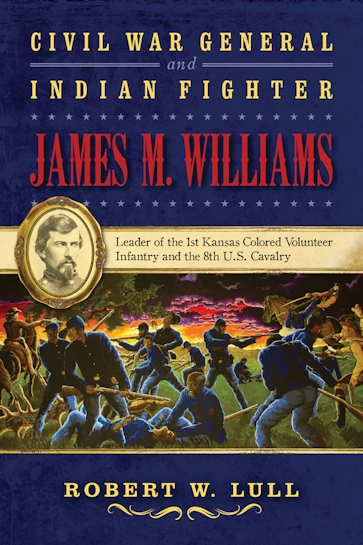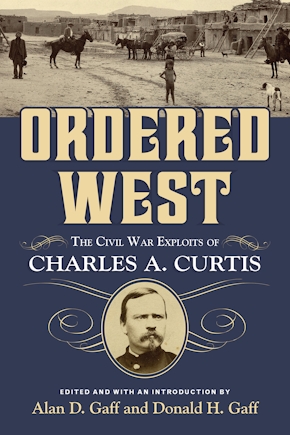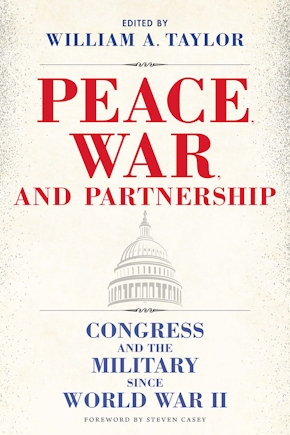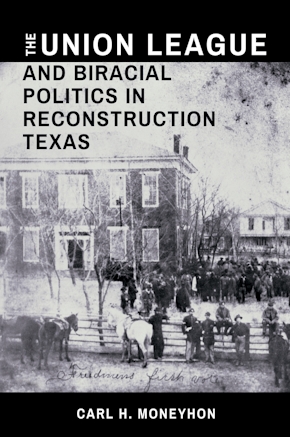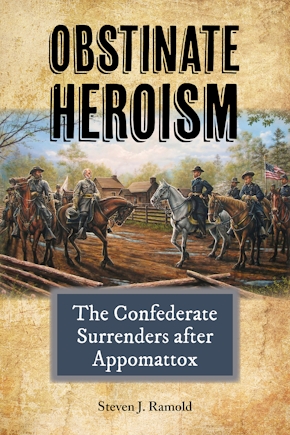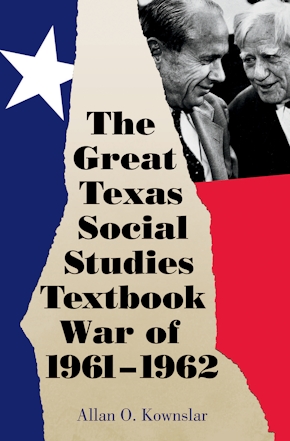Civil War General and Indian Fighter James M. Williams
Leader of the 1st Kansas Colored Volunteer Infantry and the 8th U.S. Cavalry
978-1-57441-502-5 Cloth
6 x 9 x 0 in
320 pp. 37 b&w photos. 3 maps. Notes.
Pub Date: 04/08/2013
Available
BUY NOW
- Cloth $24.95
Winner of the William Henry Seward Award for Excellence in Civil War Biography, Civil War Forum of Metropolitan New York, 2014.
The military career of General James Monroe Williams spanned both the Civil War and the Indian Wars in the West, yet no biography has been published to date on his important accomplishments, until now. From his birth on the northern frontier, westward movement in the Great Migration, rush into the violence of antebellum Kansas Territory, Civil War commands in the Trans-Mississippi, and as a cavalry officer in the Indian Wars, Williams was involved in key moments of American history. Like many who make a difference, Williams was a leader of strong convictions, sometimes impatient with heavy-handed and sluggish authority.
Building upon his political opinions and experience as a Jayhawker, Williams raised and commanded the ground-breaking 1st Kansas Colored Volunteer Infantry Regiment in 1862. His new regiment of black soldiers was the first such organization to engage Confederate troops, and the first to win. He enjoyed victories in Missouri, Indian Territory (Oklahoma), and Arkansas, but also fought in the abortive Red River Campaign and endured defeat and the massacre of his captured black troops at Poison Spring. In 1865, as a brigadier general, Williams led his troops in consolidating control of northern Arkansas. Williams played a key role in taking Indian Territory from Confederate forces, which denied routes of advance into Kansas and east into Arkansas. His 1st Kansas Colored Volunteer Infantry Regiment helped turn the tide of Southern successes in the Trans-Mississippi, establishing credibility of black soldiers in the heat of battle.
Following the Civil War, Williams secured a commission in the Regular Army’s 8th Cavalry Regiment, serving in Arizona and New Mexico. His victories over Indians in Arizona won accolades for having “settled the Indian question in that part of Arizona.” He finally left the military in 1873, debilitated from five wounds received at the hands of Confederates and hostile Indians.
About the Author
Reviews
Published by University of North Texas Press
